|
Image from our Twitter feed during a visit to the Planter's House February, 2014. ~ A group of influential bartenders overcome barriers to change the face of early American cocktail culture. ~ Preface: The LAB focuses on the people that produce great drinks, and not just recipe and event information. When I started the company I didn't set out to be so consumer focused, but we're happy that we have become known as a people-first brand. We've always encouraged those not working in the industry to reach out to us for places to visit for a drink when they are traveling, and that goes for our industry friends, too. We travel a lot and meet some amazing people not getting the attention they deserve for their contributions to the craft of beverages and hospitality. As we continue to grow and learn, expect more intriguing and engaging insight on details from a drink's origin to the minds that created your favorite drinks. This is a subject I'm personally interested in, and hopefully the first in a series of more in depth coverage on the role of African Americans in America's craft cocktail culture. - Jason With the country's most celebrated industry cocktail event, Tales of the Cocktail, starting today in New Orleans, it felt appropriate to write about drinks and history. Instead of skimming across this subject, I want to focus on a few individuals, but also guide you to a couple of articles that dive into each bartender with more extensive historical research already published. Chantal Martineau covers the recorded beginnings of African American men being influential in the early American cocktail scene dating back to the start of the 1800's in this PUNCH article published in February, 2015. We encourage you to read this article as she covers a lot from Tom Bullock, the first African American cocktail book author (The Ideal Bartender) to cocktail punch legend, Cato Alexander, 100 years earlier. For you cocktail buffs, Bullock didn't only write a cocktail book, he was also a bartender at the legendary Pendennis Club in Louisville. Left: Pendennis Club in 1928. Right: Cato's Tavern in New York City. As one could imagine, the Eastern side of the United States is where greater paths were laid for this movement. Obviously, unfair barriers faced these men everyday no matter what state, but the capital city had a slightly different story. Fritz Hahn writes in the Washington Post that, "Before Prohibition, most of the bartenders in Washington (D.C.) were African American." As Martineau compares the difference between North and South and the nation's capital, "Washington, in fact, was home to the Mixologist Club, a social organization made up of the city’s most prominent black bartenders. “The ones, that is, who catered to a black clientele,” explains historian David Wondrich. He points out that black bartenders serving white customers would have been more common and accepted in the South. Many Northerners might have found such an arrangement distasteful. In D.C., a sort of liminal space between North and South, members of the Mixologist Club held the respect of both their African American peers and statesmen alike." Cato Alexander started his culinary and bartending career in South Carolina as a slave before he bought his freedom from money earned as a chef, and moved to New York in order to open a tavern known as Cato's, Tokiwa Sears writes in her beverage blog Miss Libations about Cato Alexander. Hahn's article mentions another one of D.C.'s highly regarded bartender talents in Dick Francis. The establishment that Francis worked was known for attracting some of the most well known northern congressmen. Hahn's states that, "After the Civil War, Francis became the bartender and manager of the U.S. Senate’s bar." More on Dick Francis in this short video from Duane Sylvestre, bartender at Bourbon Steak in D.C. Left: U.S. Colonel and President of the Mixologist Club of D.C., Robert Bowie. Right: Tom Bullock's The Ideal Bartender. There is a lot of history on this subject that has yet to be uncovered and written about. It's excellent to see the industry work towards celebrating these gentlemen who helped create our country's treasured cocktail story. Even bars like St. Louis' Planter's House has a cocktail room named after Bullock, who bartended at the Saint Louis Country Club. In addition, there's a Tales of the Cocktail award - the Tom Bullock Award for Distinguished Service - named in his honor. D.C. Toasts has honored this history as part of World Cocktail Week the last two years. I'll be in D.C. part of next week, and plan to see what I can find from local sources. This is part 1 in a series for us that will include interviews and more historical digging. Stay tuned. - Jason ~ Join the Conversation ~
0 Comments
Leave a Reply. |
Archives
May 2017
Categories
All
|
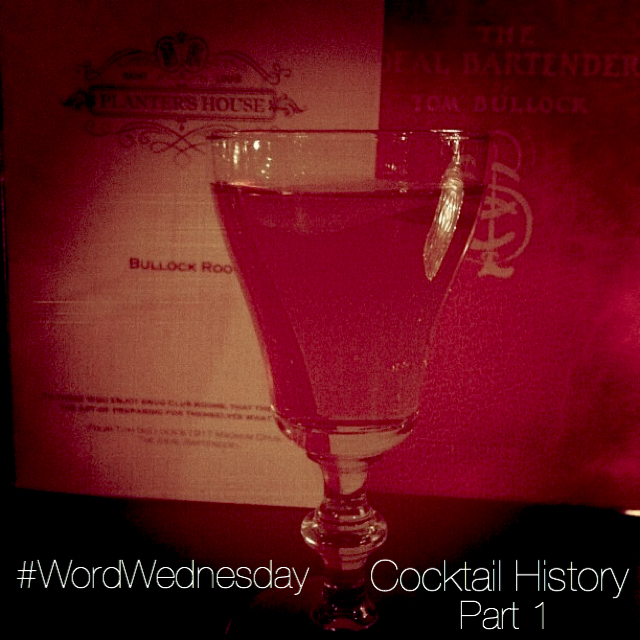

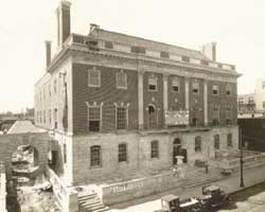
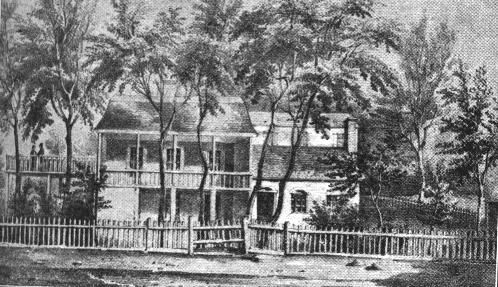
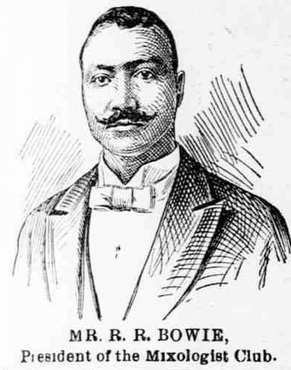
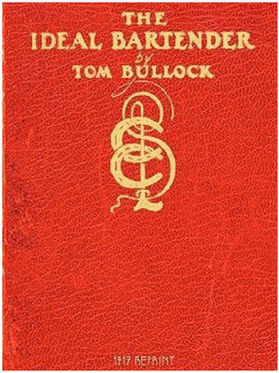


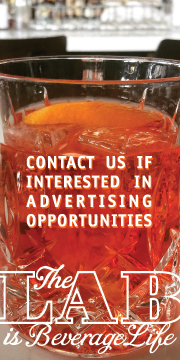
 RSS Feed
RSS Feed